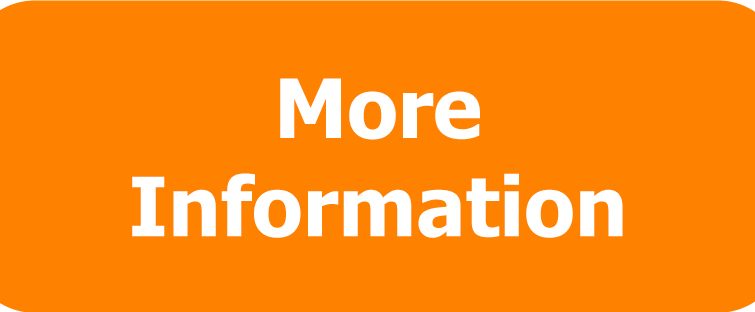ONLINE COURSES
Pandemics, Global History and Peruvian Society

Summary
The history of humanity has been marked by wars, revolutions, natural disasters, and pandemics. Pandemics, although less studied, have been responsible for significant changes in history. For example, the fall of the Incan Empire was largely a consequence of the deaths produced by diseases brought by the Spaniards, such as smallpox and measles. During the nineteenth century cholera and yellow fever pandemics led to important urban reforms and the development of public health institutions in Peru. Pandemics are not a thing of the past. In the XXIst century evils like dengue, malaria, HIV or Ebola are causing human and economic losses globally.
This course will analyze the origins, social responses, state responses, and consequences of the main epidemics and pandemics that have occurred in modern history. The course will have a global perspective but will pay attention to the Peruvian case.
General information:
• Time period: 16 classes of 2 hours each class
• Session dates: July 1st – August 7th, 2020 (Monday, Wednesday and Friday)
• Time: 9:00 – 11:00 (UTC-5)
• Credits: 2 credits
• Language of instruction: English
• Registration deadline: June 25th
• Program fee: 345 USD
• Minimum required: 10 students
• Holiday (no classes): July 29th


